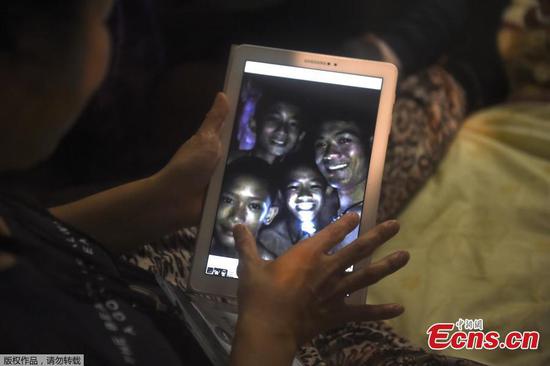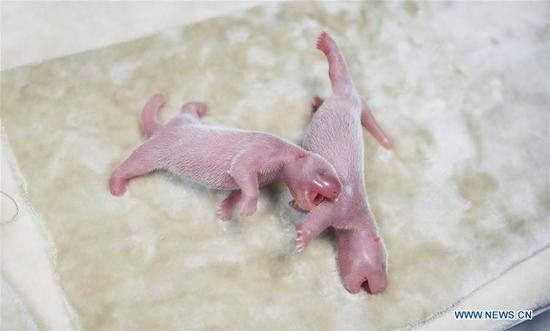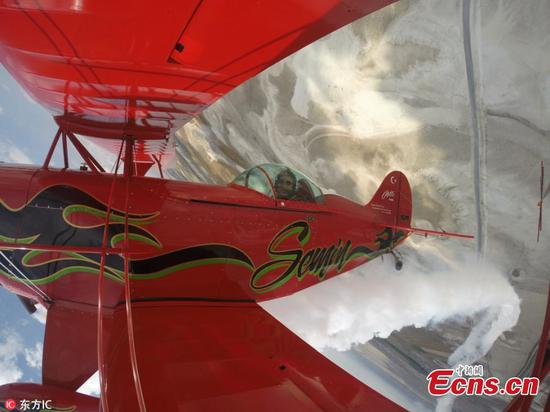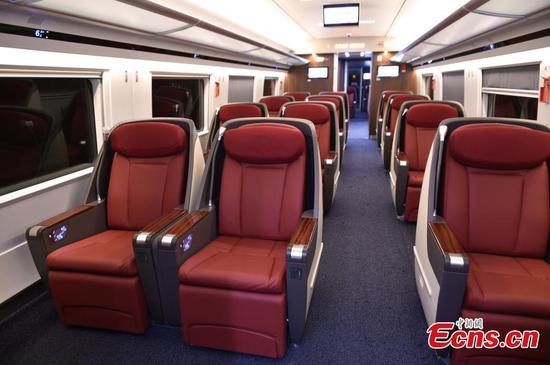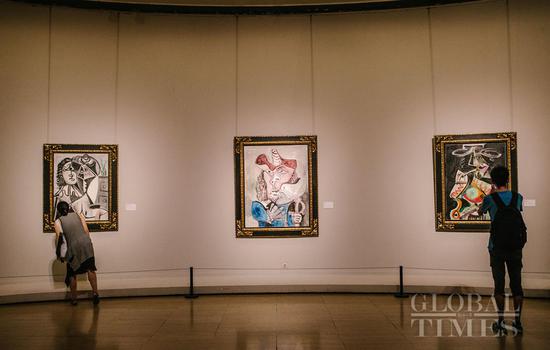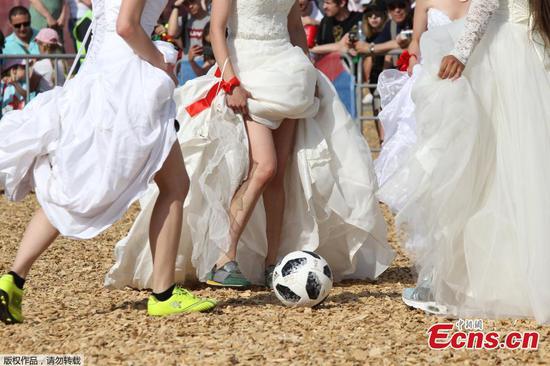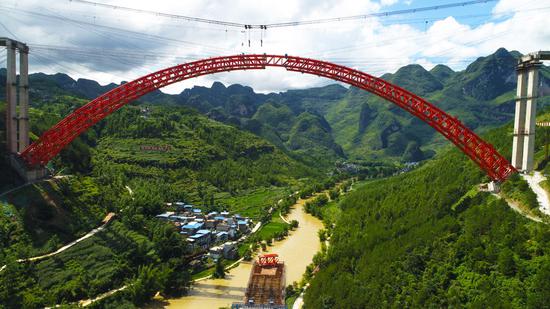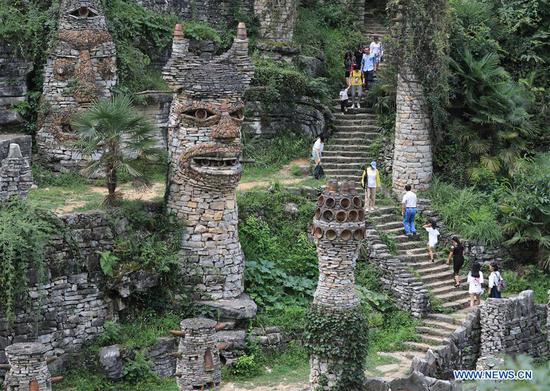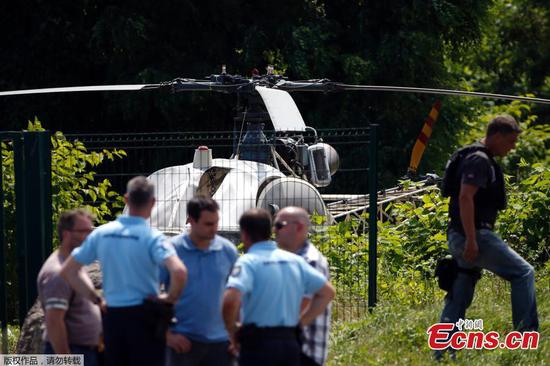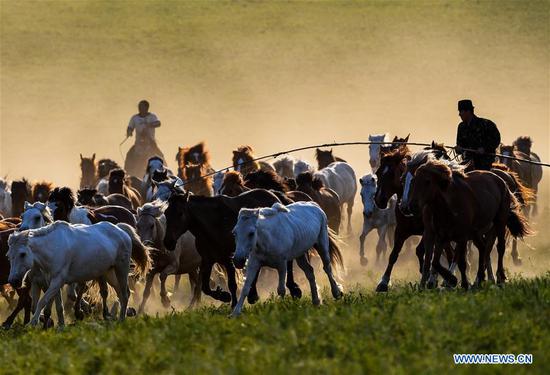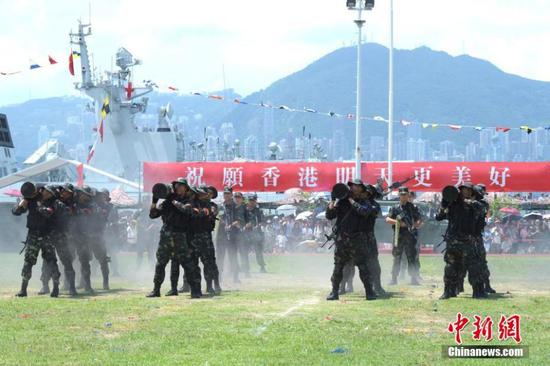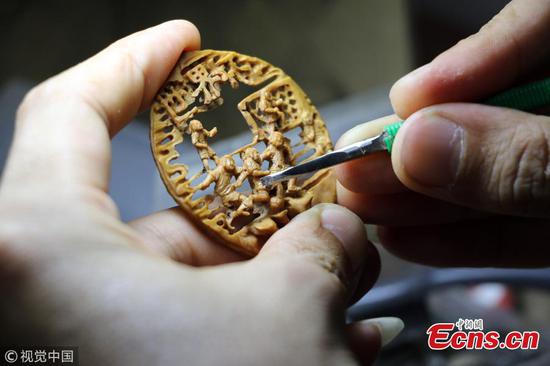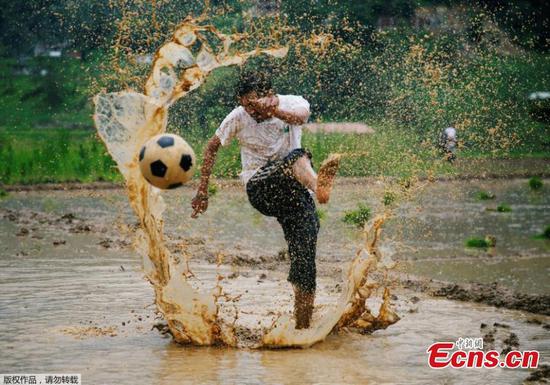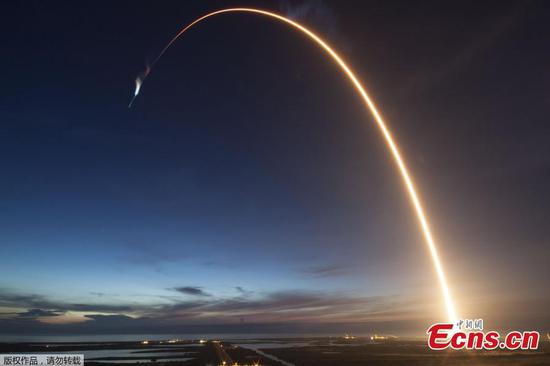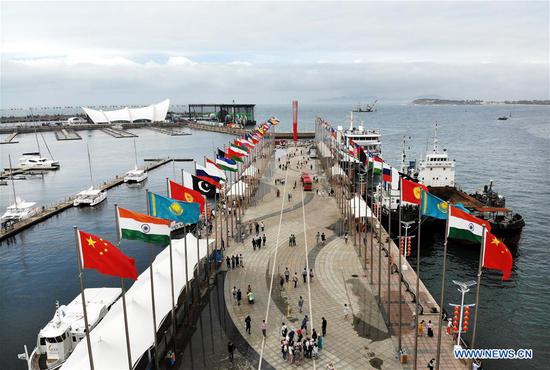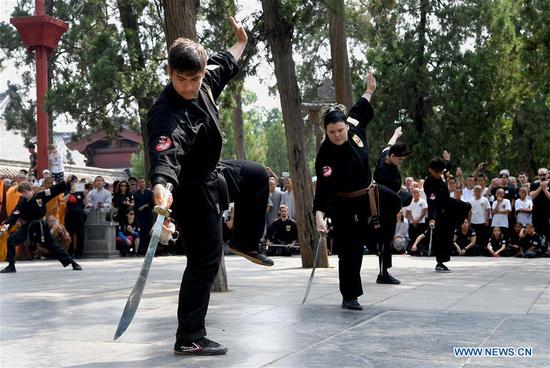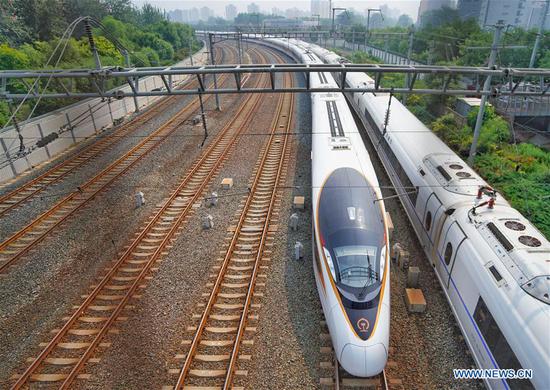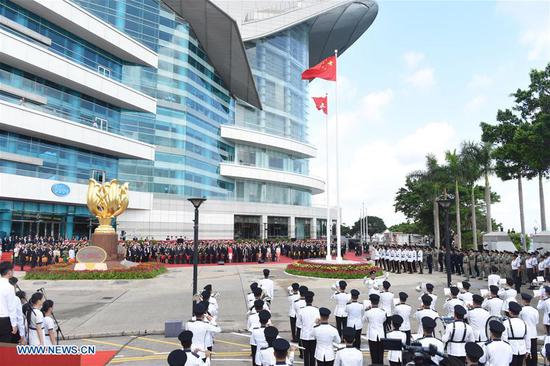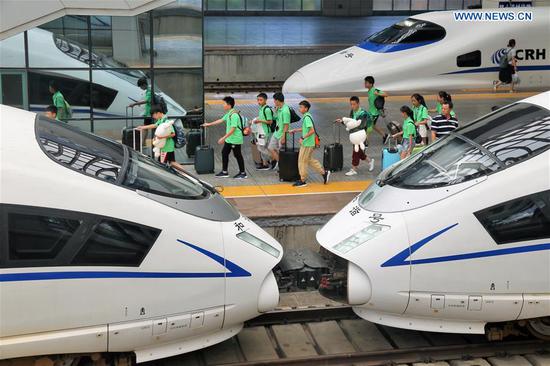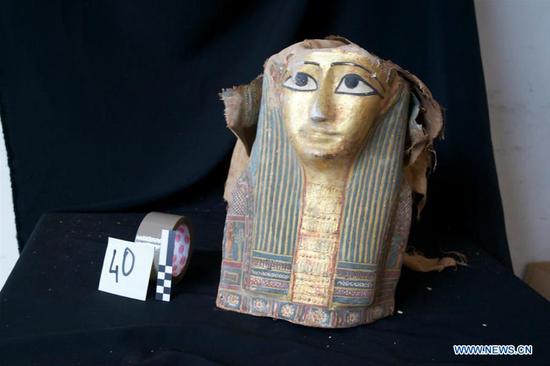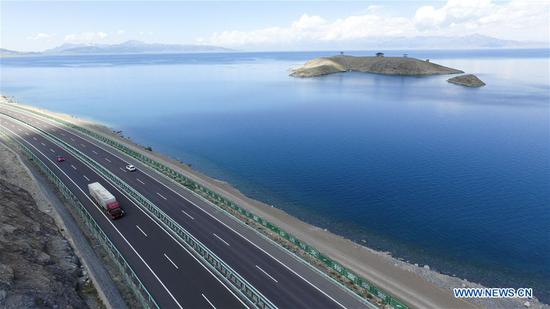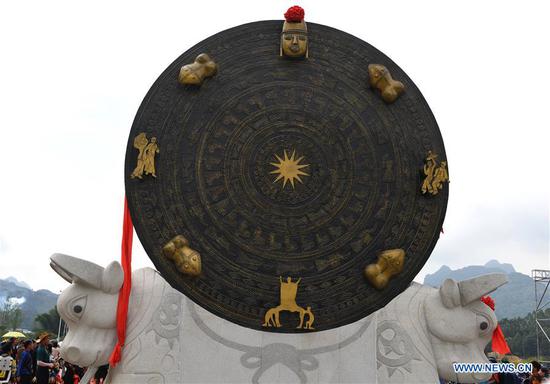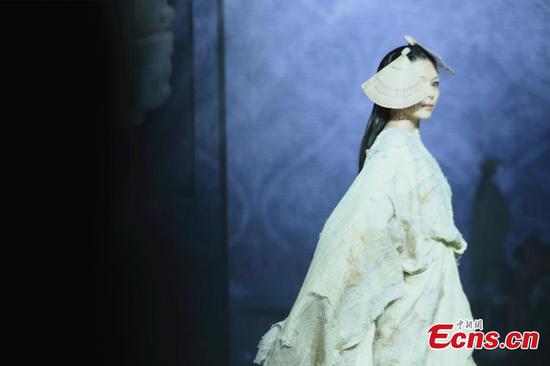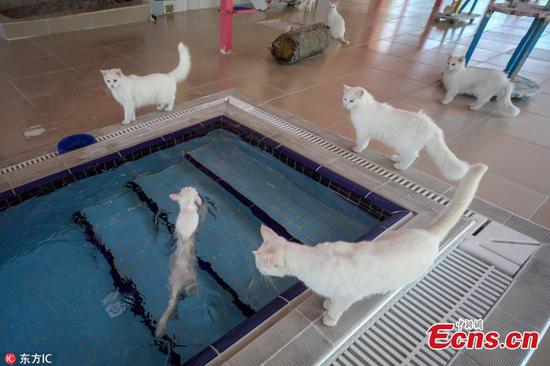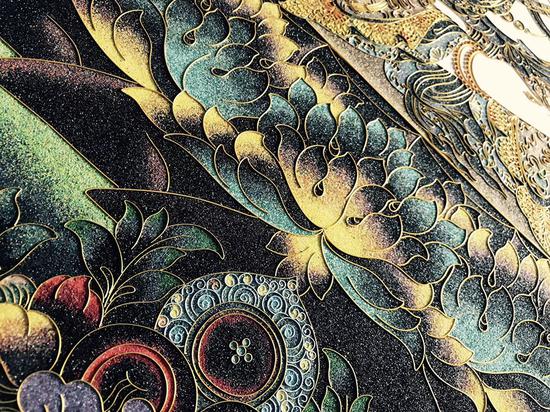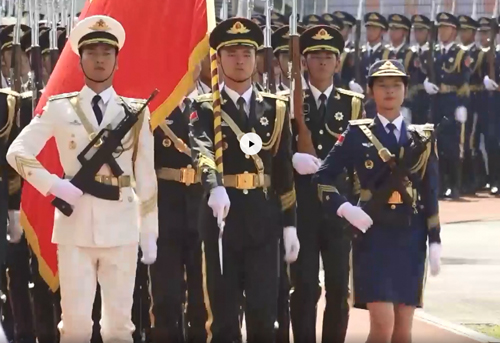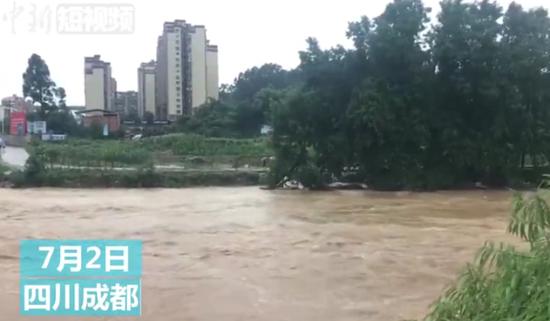Beijing plans to upgrade 300 hutong public toilets in back streets and alleyways within the year, equipping them with air conditioners and odor filters.
One such pilot project was completed in Longzhaohuai hutong, Beijing's Xicheng district, Beijing-based newspaper Legal Mirror reported on Monday.
Aside from air conditioning and an odor filter, the toilet has also been outfitted with solar-powered lighting and armrests for senior citizens, the report said.
A water-air mixing technology is also being used to save water, as "40 percent gas and 60 percent water mixed together is usually enough to guarantee efficient flushing," Legal Mirror quoted an official in charge of local environmental sanitation as saying.
China is in a "toilet revolution" campaign aimed at developing domestic tourism and improving the quality of life.
Following pilot projects, Beijing will expand the campaign to the entire city, with 300 public toilets in back streets and alleyways in the city's core areas to be upgraded by the end of the year, the newspaper reported.
The upgrades will depend on the conditions of each toilet. For example, split-type air conditioners will be installed instead of central air conditioning, and partition boards will be added.
Beijing's iconic hutong, or traditional alleys in imperial-era neighborhoods, are usually without a sewage system and residents have to use public toilets.
Hutong toilets are usually squat toilets, and some are very primitive. "The toilets are very dirty and cold in winter," a Beijing resident who used to live in a hutong said.
"Some toilets in Beijing's hutong used to stink. The facilities were not modern," a Beijing resident surnamed Xiong told the Global Times.









